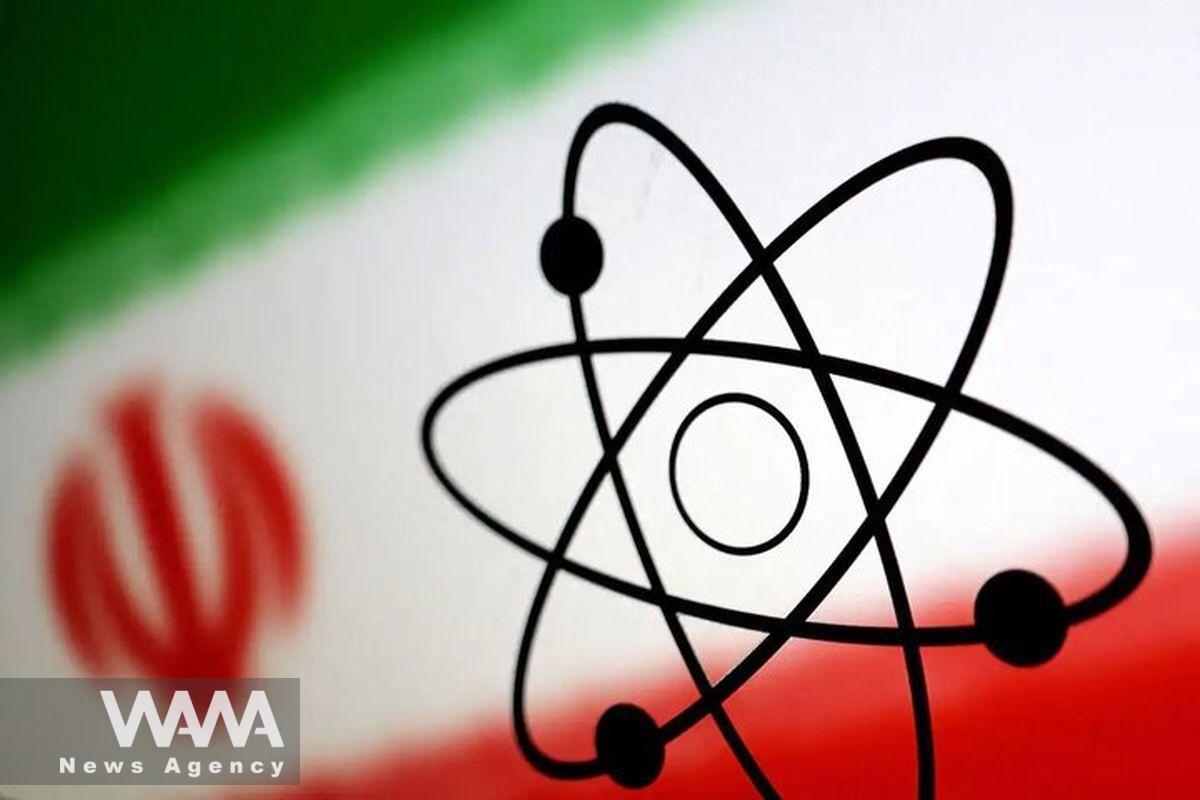A Marathon of Diplomacy in Geneva
WANA (Jan 14) – Senior diplomats from Iran and three European countries (the UK, France, and Germany) agreed in the third round of Geneva talks to continue the path of diplomacy despite existing differences, aiming to reduce tensions and address obstacles to reaching an agreement.
Kazem Gharibabadi, Iran’s Deputy Foreign Minister for Legal Affairs and head of the Iranian negotiation team, announced on the social media platform X that the Geneva talks were “serious, candid, and constructive.” He noted that the parties delved into certain details and discussed ideas in two key areas—sanctions relief and nuclear issues—deemed essential for achieving an agreement.
He emphasized: “There was a consensus that negotiations must resume, and an appropriate atmosphere must be created and maintained by all parties to reach an agreement.”
Similarly, Christian Turner, Director General for Political and Geopolitical Affairs at the UK’s Foreign Office, confirmed the positive atmosphere of the discussions. On X, he wrote: “In challenging circumstances, we raised concerns and reaffirmed our commitment to finding a diplomatic solution. It was agreed that the talks would continue.”
While the exact timing of the next round of discussions remains unclear, the remarks suggest a shift away from confrontational stances toward practical steps in diplomacy to overcome the current impasse.
Iranian and #EuropeanTroika Officials Hold Talks on #Sanctions and Regional Issues
On the evening of Monday, January 13, Iranian deputies and political directors met with their counterparts from the European Troika to discuss topics of mutual interest, particularly negotiations… pic.twitter.com/s9Efp8yLXM
— WANA News Agency (@WANAIran) January 13, 2025
Iran’s Persistent Diplomacy in the Face of Challenges
Iran has previously engaged in eight rounds of negotiations in Vienna to revive the JCPOA (Joint Comprehensive Plan of Action), demonstrating maximum flexibility and commitment to preserving the agreement. However, European governments and the U.S., rather than seizing the opportunity, mistakenly banked on internal unrest in Iran, derailing the diplomatic process. Their actions revealed a lack of genuine willingness to return to the JCPOA and fulfill their obligations.
Iran has repeatedly stated its readiness to achieve a sustainable and guaranteed agreement that lifts all illegal sanctions and prevents the use of any leverage against the country.
An Unnecessary Crisis Over Iran’s Peaceful Nuclear Program
Iran’s peaceful nuclear program has been turned into an unnecessary crisis, orchestrated by Israel and exploited by the U.S. and the E3 (France, Germany, and the UK) through unwarranted use of UN Security Council resolutions. In various negotiations, from the 2015 JCPOA to Vienna talks and now Geneva discussions, Iran has consistently shown its preference for dialogue.
In November, Iran hosted Rafael Grossi, Director General of the International Atomic Energy Agency (IAEA), to demonstrate goodwill in addressing alleged safeguards issues. The talks resulted in agreements to resolve outstanding issues, reflected in Grossi’s report to the IAEA Board of Governors.
Despite these efforts, the E3 disregarded the outcomes of Grossi’s visit and adopted a resolution against Iran’s peaceful nuclear program during the IAEA’s latest quarterly meeting. This move prompted a firm response from Iranian officials.
Observers have criticized Western countries’ approach as destructive and obstructive to diplomacy with Iran. Mikhail Ulyanov, Russia’s Permanent Representative to International Organizations in Vienna, remarked that Grossi’s visit paved the way for engagement with Iran’s new administration and led to significant agreements. However, instead of supporting these efforts and fostering a conducive environment for their implementation, Western countries took a counterproductive stance.
The Ball is in Europe’s Court
It is now up to Europe to avoid repeating past mistakes and steer away from ill-conceived actions, opting for diplomacy over pressure and confrontation. The Geneva talks provide Europe with an opportunity to demonstrate its commitment to reengaging in constructive dialogue.
Ismail Baghaei, spokesperson for Iran’s Foreign Ministry, reiterated that Iran’s stance on dialogue and negotiation remains consistent. He stated, “Negotiation is a two-way street. Iran has never abandoned the negotiating table, but it will not plead for negotiations either.”












